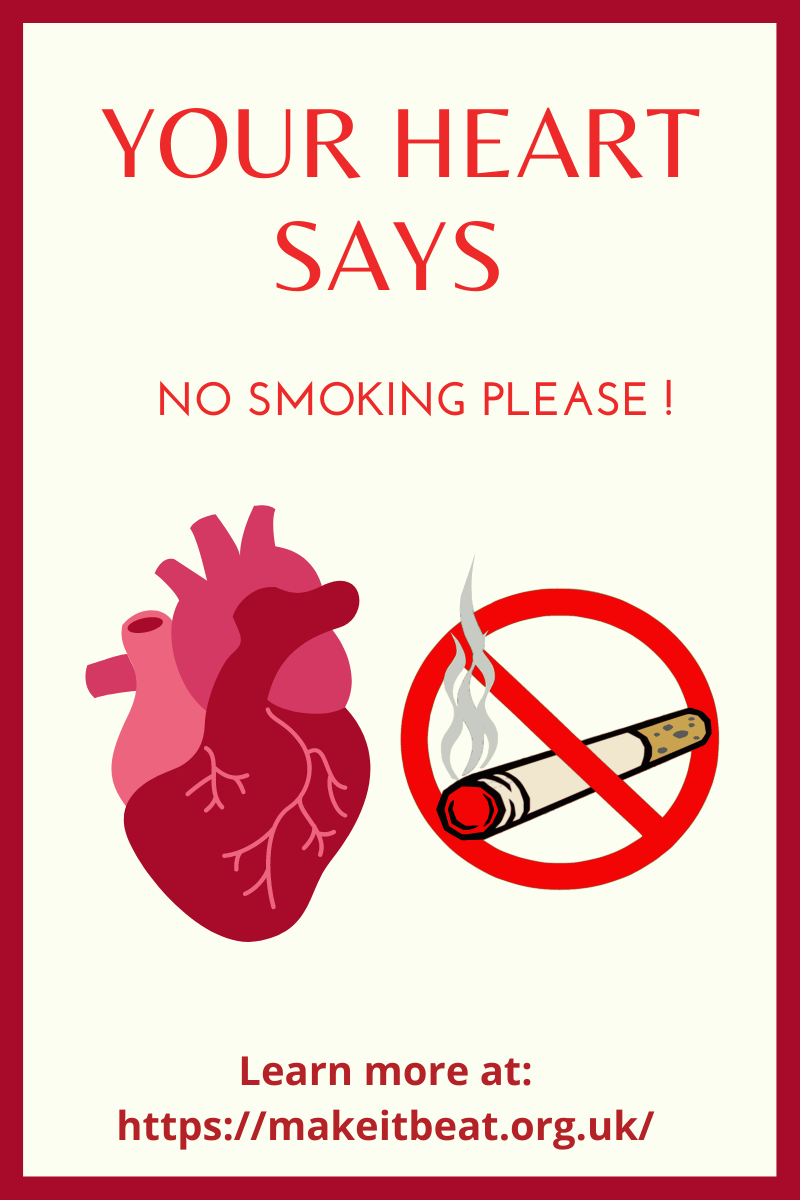
The danger of coronary illness (Heart Disease) in ladies is regularly thought little of because of the mis-perception that females are ‘secured’ against cardiovascular ailment. Coronary illness influences both genders, yet regularly go undetected in ladies. Women don’t tend to cope well as men after a heart attack. They usually require a longer stay at the hospital.
Why heart disease goes undiagnosed in women
There are some reasons for this; including that most Women often develop symptoms of heart disease at a much later stage than men. Sometimes the complaints can be non-specific. Women are less likely to seek help quickly and some of the diagnostic tests for heart disease are less accurate in women.
Role of menopause
The hormone called estrogen in reproductive life provides some extra protection against heart attacks by regulating several metabolic factors, such as lipids, inflammatory markers, and the coagulant system. But after menopause, the arterial wall plaque changes into more vulnerable lesions with inflammatory factors involved.
During Pregnancy
Women can also have the added risk factors of acquiring diabetes during pregnancy, which may increase the chances of developing heart disease later in life.
Other woman issues like endometriosis, polycystic ovary disease, and pregnancy-related high blood pressure (HBP), all can add up the odds of having a heart attack. A study at Brigham and Women’s Hospital found that women with endometriosis, (a painful disorder where uterine tissue grows in other areas of the pelvis) were up to 3 times more likely to have a heart-related disease.
Symptoms of heart disease in women may be:
• back, neck or jaw pain or tightness
• a burning sensation in the chest (similar to heartburn)
• chest discomfort
• dizziness
• vomiting
• fatigue
• lightheadedness
• nausea
• shortness of breath
• sweating
Regardless of whether you’re a lady or a man, you can reduce the risk of heart disease if you:
• know the risk factors for heart disease
• talk to your doctor about a ‘cardiovascular screening’ based on your family history and risk factors
• quit smoking
• exercise regularly
• reduce stress
• stick to a healthy diet low in saturated fat and sugar and high in fibre





